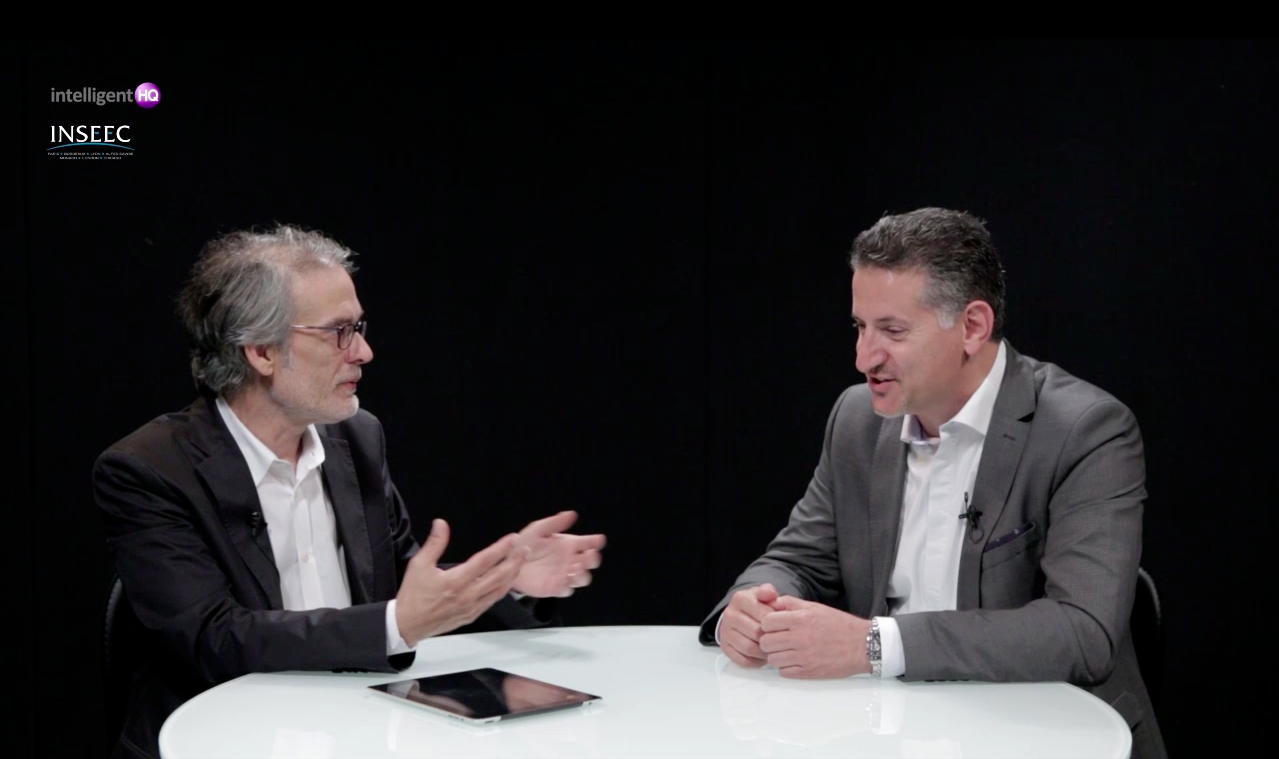What we understand as work has changed dramatically over the past few decades. Remote working and increasing numbers of people working as freelancers or having their own small businesses, have all contributed for the falling apart of the 9 to 5 office hours, notion of labour. What we understand as work has changed dramatically, and blockchain technology can contributing for that change, in a positive way.
The Rise of the Gig Economy
Scholars and academics who have studied what is changing in what we understand as work came up with a somewhat controversial term: The gig economy.
The gig economy, is considered to be part of the circular economy and it is a term that addresses work. It can be defined as “a labour market characterised by the prevalence of short-term contracts or freelance work, as opposed to permanent jobs”. Those short term contracts can be various, all done at the same time. A practical example of the way the gig economy works would be, for example, to work part time for a design company, while complementing the income with 2 or 3 hours work per week as a lecturer for an University. In the evenings, one could then write blog posts for a website and gain some extra money for an holiday, by renting out the family’s spare room every other weekend.
Some of the companies that are iconic of the gig economy are giants like Uber or AirBnB. The amazing growth of these companies in just one decade is a clear sign of our changing times. Even though fostering the positive characteristics of the circular economy, due to its sustainable use of under used assets, their success are also a sign of the economic instability and falling wages we face today.
As in every thing in life, the new work has its positive and negative sides. On one hand, it is wonderful in terms of flexibility and the freedom it gives people. The near-ubiquitous wireless access and the widespread use of smart mobile devices enables people to work while travelling or if relocating to another city or country. Another positive characteristic, is that since one can do various tasks over the course of one day, one can intertwine the passions with jobs more well paid.
On the other hand, the negative qualities of the gig economy, concern the increasing uncertainty and lack of safety people face. What happens if you are not able to work because you become sick? And what about your pension? Who is paying for the pension? All these issues need to be tackled through regulation. It is lovely to travel and relocate a lot, when you are young and/or single, but that is not the case if you have a family. Plus, there is evidence that suggest that people working with the gig economy, by doing a series of gigs, might just not be gaining enough to cope with their expenses. It should also be noted, that some of the types of jobs fostered by gig economy platforms, are not exactly the dream jobs of anyone. To drive a car or write reviews, can be interesting for a while, but not your whole life!
Blockchain and The Gig Economy
Most of the people which are part of the gig economy, find their “gigs” through centralised platforms, such as freelance market places, like upwork, taskrabbit and others. Most of these platforms, are considered to be part of the sharing economy, but in reality, are centralized platforms, which rely on a fee charged to the user, to enable access. Whatever profit these companies make, is not shared to its users.
The use of blockchain based businesses could solve and improve some of the issues of the gig economy, since blockchain based companies, tend to adopt the cooperative platform model. That is the case of resonate. Resonate is a streaming music cooperative built by and for musicians all over the world. It is based in two innovative ideas, collective ownership and stream to own. The following video explains how this works:
Other blockchain based businesses have developed ways to compensate users for their ‘work’ via digital tokens.
Steemit for example, rewards users who vote-up or write posts on its decentralized content platform. Other examples, are decentralized transportation platforms. La’Zooz was a platform that failed, and it closed, but to analyse it can give us some insight on the issue being tackled in this article.
Invented by a former yoga instructor, La’Zooz, was a sort of cooperative ride-hailing service. In it, you were able to earn Zooz points, just by driving your car while the app collects data about your driving patterns. On a blog post for Shareable Nathan Schneider explained how the platform worked:
“Like Uber, Lyft or Sidecar, it’s an attempt to implement real-time ridesharing, but without the company. Using the same technology underlying the virtual currency Bitcoin—a distributed online ledger, or “blockchain”—the La’Zooz network would exist on the phones and computers of its community of users, rather than any central server. Rather than Bitcoin’s “proof of work” method of generating new tokens, which requires enormous computational power, La’Zooz generates new tokens—called “zooz”—with “proof of movement.” Basically, turn on your La’Zooz-enabled phone and drive. As you drive, you earn zooz tokens. Then, when you want a ride from someone else in the community, you can pay in zooz.”
The failure of La’Zooz might have been due to an important problem blockchain based projects will have to tackle: the gigantic network effect that pushes so many of us, as users, to rather adopt, Uber or other established centralised platforms, just because they are more efficient and convenient. According to a post on reddit, La’Zooz’s team moved to a new project that sounds interesting, Backfeed, which plans to be a Social Operating System for Decentralized Organizations.
Image source William Mougayar
Other examples where blockchain could be used, concern the monetization of our data.
Imagine that not you but your data, would do the “work”, allowing you to receive money in exchange. For example, a healthcare research organization, could pay patients or normal people who share their medical data, which would be used in medical research.
By the end of the day, it is up to the imagination of all of us, the ways in which we revolutionise what we understand as work, so long as we hold as key, paying careful attention to the negatives and positives of any solution, and opt for the options that offer improved conditions and well being to all.

Maria Fonseca is the Editor and Infographic Artist for IntelligentHQ. She is also a thought leader writing about social innovation, sharing economy, social business, and the commons. Aside her work for IntelligentHQ, Maria Fonseca is a visual artist and filmmaker that has exhibited widely in international events such as Manifesta 5, Sao Paulo Biennial, Photo Espana, Moderna Museet in Stockholm, Joshibi University and many others. She concluded her PhD on essayistic filmmaking , taken at University of Westminster in London and is preparing her post doc that will explore the links between creativity and the sharing economy.

























